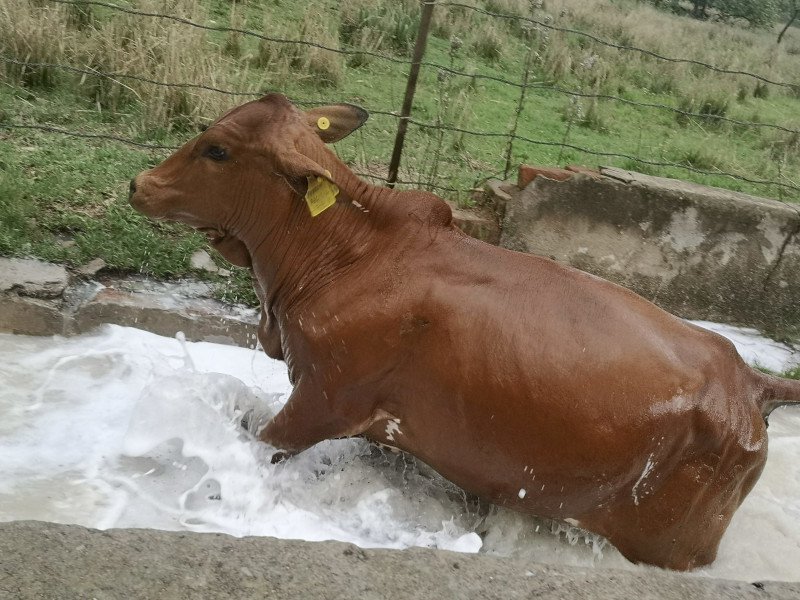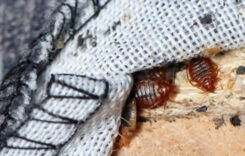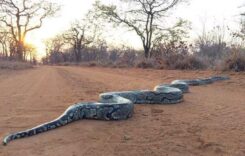Zimbabwe has lost over 500,000 cattle to a tick-borne diseasebetter known as ‘January Disease’ (or the scientific name Theileriosis) since 2016 despite efforts by agricultural experts to educate farmers on the importance of dipping and vaccination, according to the Ministry of Lands, Agriculture, Fisheries, Water and Rural Development.
What are the facts about January Disease.
What causes January Disease, or Theileriosis?
January Disease is caused by a parasite (Theileria Parva) found in the blood which is transmitted in cattle by ticks. Theileriosis is one of several tick-borne diseases found in Zimbabwe.
When is it common?
Although the highest number of cases are recorded in January (hence the name January Disease), the disease is prevalent between December and March when rainfall activity is traditionally high.
What are the signs of cattle affected by January Disease?
- Swelling of the lymph nodes under the ears and on the shoulder.
- Cloudiness of the eyes.
- Difficulty in breathing with froth coming from the nose and mouth, which may lead to collapse and death within a few days.
- Loss of appetite (the cattle cease to graze)
How can it be managed?
- By controlling the tick vector through regular dipping.
- Regular application of tick grease in the ear, on and under the tail
- Farmers should spray their cattle in areas where dip tanks are not available.
- Farmers should source dip chemicals from reputable suppliers of agrochemicals and veterinary products.
- Movement of tick-infested animals should be limited as it spreads the disease to other areas.
Treatment
- January Disease can be cured if treatment is administered early and farmers are encouraged to consult veterinary services early to allow early diagnosis and intervention by veterinary experts.
- January Disease responds to buparvaquone and its derivatives.
- The disease should be correctly identified for correct or proper treatment.
Penalty on failure to clean cattle at prescribed intervals.
The Cattle Cleansing Regulations Act states that dipping cattle is mandatory, failure to do so will result in a fine or arrest.
Sources
Food and Agricultural Organisation
Cattle Cleansing Regulations Act
Related content
Do you want to use our content? Click Here












